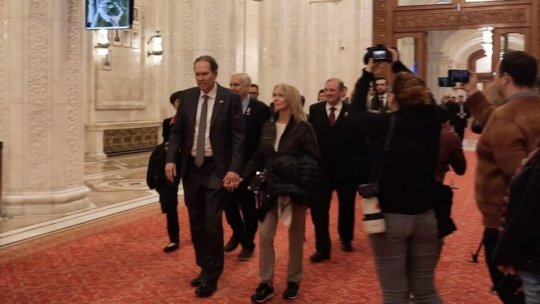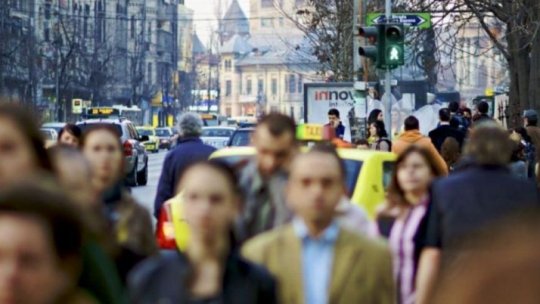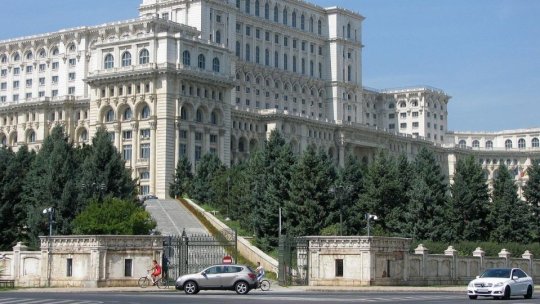Romania and the retrocession laws
Property right laws remain ambiguous, placing Romania on the list of countries with the highest number of trials lost at The Hague.

13 Octombrie 2010, 16:10
While other fundamental liberties are, in general, rigorously respected by authorities, property right laws remain ambiguous, placing Romania on the list of countries with the highest number of trials lost at The Hague, alongside Russia, Turkey and Ukraine. No one, aside from their own governments, looks at these countries as beacons of democracy.
The three lost trials are now of significant importance, as they are considered pilot-cases.
The European Court of Human Rights enforces a special procedure when faced with several similar complaints from citizens of the same country.
At the moment, there are more than one thousand cases on the Court’s table regarding properties that were seized by the communists and have yet to be retroceded by subsequent cabinets.
Former Romanian Justice Minister and Euro MP Monica Macovei explains the meaning of such a sentence given by the Court.
“The Romanian Government has 18 months to put the Court’s recommendations into effect. In the meantime, the Court will suspend trials in similar cases. The idea is that the government should solve all existing cases and enforce an efficient mechanism. We are all aware of our variable jurisprudence, seeing how some plaintiffs receive reparations, while others do not. These are, of course, recommendations, but they are morally compulsory. From a legal point of view, should the government not enforce these recommendations, the EU Ministers’ Committee will supervise that they are put into effect.” said Monica Macovei.
Attorneys representing the owners stand firm – the law stipulates that houses be restituted in integrum. However, they show some doubt that an issue that has persisted for two decades can be solved in a year and a half.
They also doubt that they will be able to untwine the web of incompetence and complicity between wrongfully ruling courts, poorly legislating MPs and the electorate represented by numerous tenants living in nationalized buildings.









